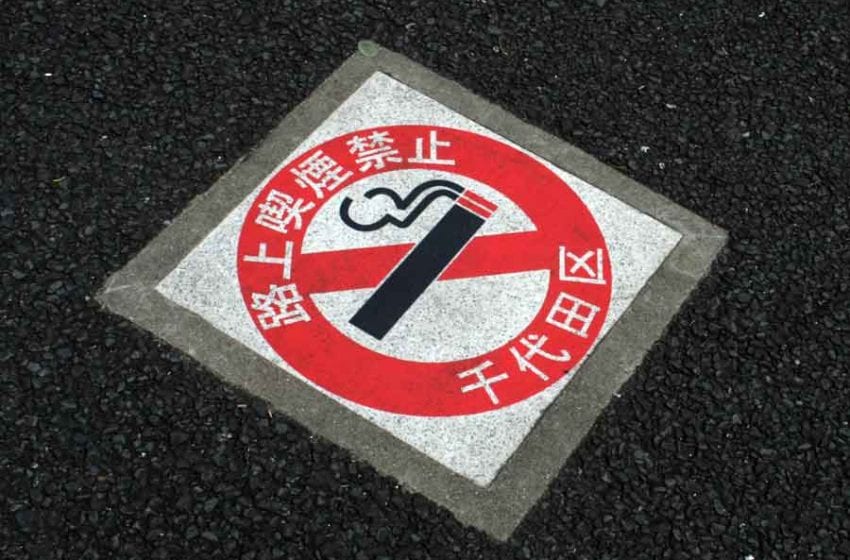Knowledge∙Action∙Change (KAC), a private sector public health agency based in the UK, has called for action to prevent the dramatic rises in smoking rates in Africa that have been predicted by the World Health Organization.
In a note issued through PRNewswire, KAC said that while globally smoking rates were decreasing, in many lower- and middle-income countries, African nations among them, rates were increasing. WHO data showed a steep rise in smoking in many African countries, with many five-year projected increases at five percent and more.
With this in mind, public health experts from KAC had this week visited Lilongwe, Malawi, and Nairobi, Kenya, to launch No Fire, No Smoke – The Global State of Tobacco Harm Reduction 2018 (GSTHR), ‘a landmark report on the worldwide availability, regulation, and use of lower-risk alternatives to tobacco, such as e-cigarettes (vapes), heat-not-burn devices, and Swedish snus (pasteurized oral tobacco)’.
‘A proven public health strategy, harm reduction refers to policies, regulations, and actions that reduce health risks by providing safer forms of hazardous products or encouraging less risky behaviors, rather than simply banning them,’ the note said.
‘Independent evidence from the UK Government’s leading public health body demonstrated recently that vaping is at least 95 percent safer than smoking tobacco. Yet despite the WHO Framework Convention on Tobacco Control (FCTC) of 2003 citing harm reduction as one of its main tactics, the WHO has been persistently negative about e-cigarettes, has called for their ban or strict regulation, and sees them as a threat, rather than as a public health opportunity.
‘Partnering with the information dissemination project, Tobacco Harm Reduction Malawi, and the newly launched Campaign for Safer Alternatives based in Kenya, the GSTHR report’s publishers presented global findings on tobacco harm reduction, showing that many smokers have switched to safer products and dramatically reduced the risks associated with smoking.’
“We need to halt the dramatic rises in smoking rates in Africa which are predicted by WHO,” Professor Gerry Stimson, director of KAC and Emeritus Professor at Imperial College London, was quoted as saying. “Most smokers want to quit smoking, but they find it hard to stop using nicotine. Around the world, millions of lives depend on both consumer and government acceptance of safer alternatives to smoking.”
Meanwhile, Chimwemwe Ngoma, project manager, Tobacco Harm Reduction Malawi and holder of a Global Tobacco Harm Reduction Scholarship, said that Tobacco Harm Reduction Malawi believed that all citizens of Malawi should be informed of the health consequences, addictive nature, and mortal threat posed by tobacco consumption and exposure to tobacco smoke. “Malawians should be able to make more informed public and personal choices, including having access to safer nicotine products, to enable them to live longer and healthier lives,” he said.
And Joseph Magero, chair of the Campaign for Safer Alternatives and holder of a Global Tobacco Harm Reduction Scholarship, said society’s relationship with tobacco and nicotine was changing due to technical developments in vaping devices and other safer nicotine products. “The Campaign for Safer Alternatives has formally launched this week to ensure more people across East Africa receive accurate information on alternatives to smoking,” he said. “By arming people with information, we can finally begin to curb the tobacco epidemic.”









